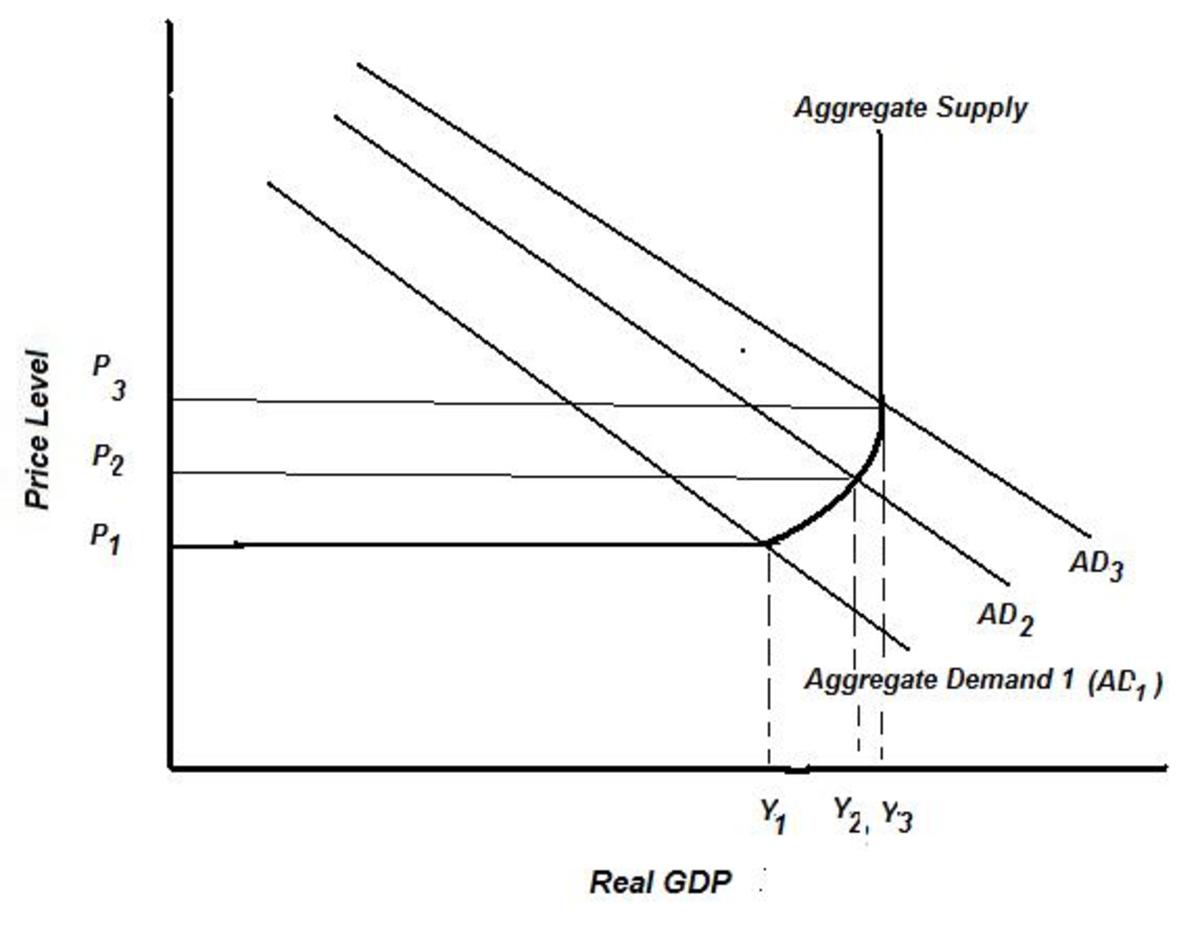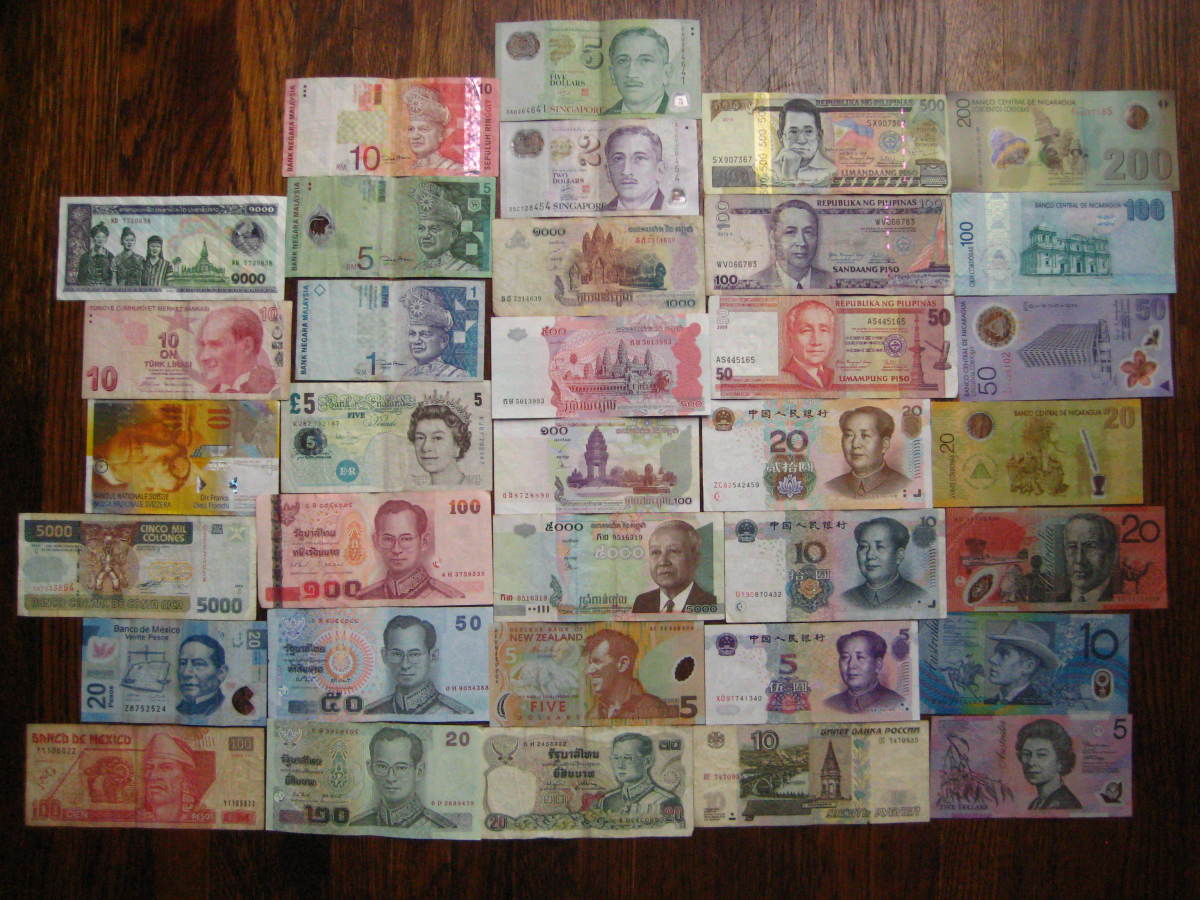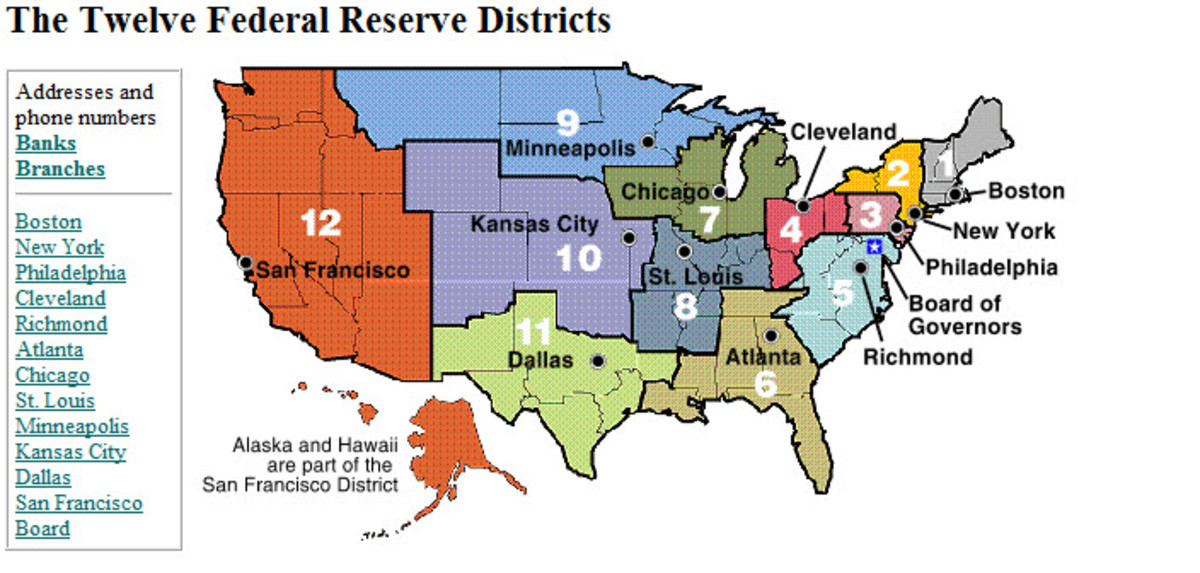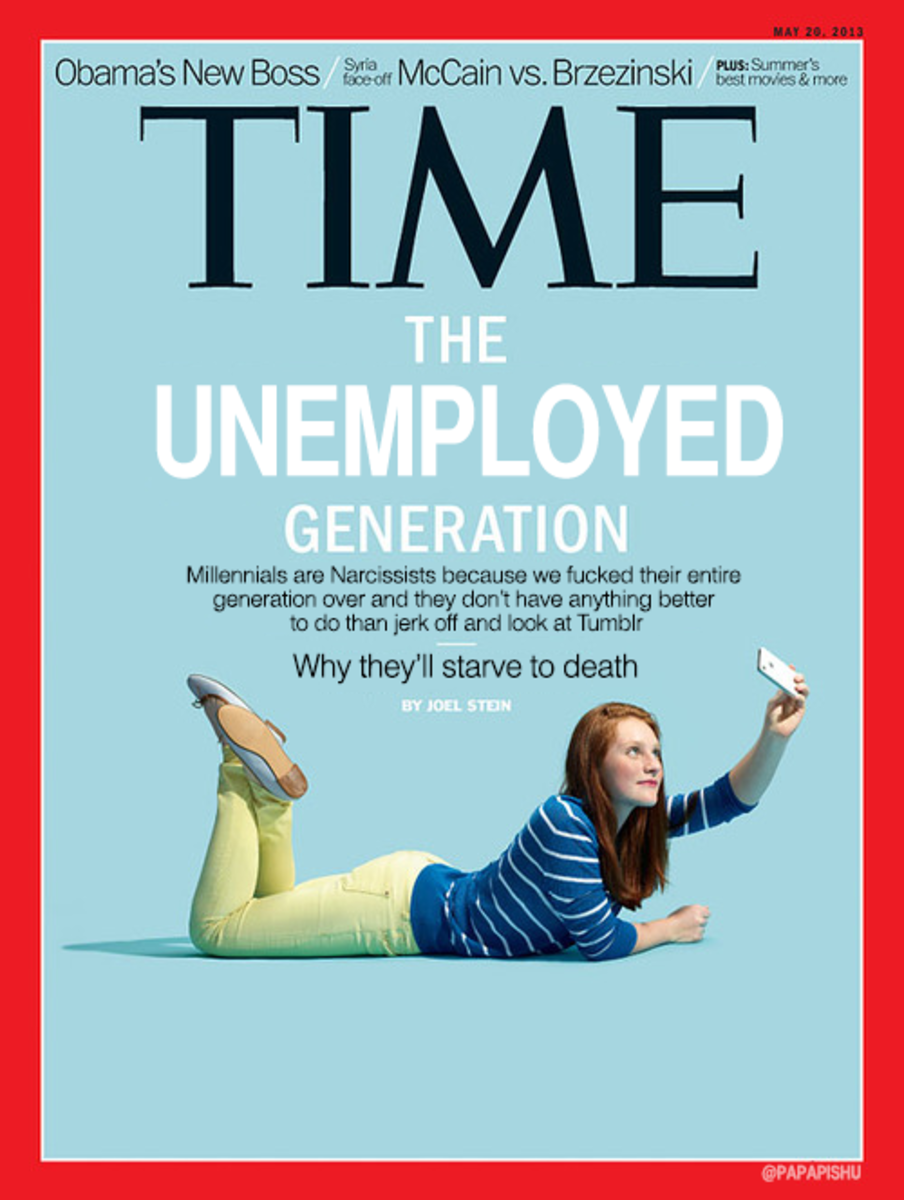Supply of Money in An Economy; A Brief Note

Introduction
Money became an important part of us to lead life. In this modern world, everything is measured in terms of money. When we consider an economy as a whole, the money supply is an interesting subject matter. Here this hub is aimed to explain the about ‘money supply’ and its related things.
We know people are demanding money to satisfy their wants. Since human wants has the characteristics of repetitive in nature it is very difficult to satisfy the entire wants. Because we know money bear values for making exchanges but supply of the money is limited. That is if people have any amount of money with their hand, the economy will be in its final breath. So, the government or the financial authority takes a control over the economy to balance it. In short, the amount of supply of money is a strategic foot step to regulate the economy. That is why governments or financial authorities are very enthusiast to control money supply.
What is Supply of Money; Definitions
By simple meaning, we can say, supply of money is the amount of money in the economy at a particular time. Since the amount of money supply is measured or determined at a point of time, it is considered as stock.
When we analyze the technical definition for supply of money in economics, we can see mainly three definitions. This is because of the changes in the economical system from time to time. For instance, today we use highly developed modern financial services. When we compare this with old period, the concept of money had so many changes. Anyway, the three definitions for supply of money given by different economists in different times are following.
I) Traditional and Keynesian Definition
Traditional and Keynesian definition of money supply is linked with the medium of exchange function of money. That is here the money supply is measured with the money which is available to make exchanges. So, according to them, supply of money includes both currencies with public and the demand deposits with commercial banks. Demand deposits are those which are deposited by public and the deposit can be withdrawn at any time by the depositor. This composition of demand deposits and currency in circulation is denoted in economics as M1. This definition is also known as the narrow definition of money.
II) Friedman's Definition
Professor Milton Friedman is popularly known as the father of monetarist economic thought. Milton Friedman added the time deposits with the traditional and Keynesian’s view. According to him, fixed or time deposits are those types of deposits which is based on a specific maturity date. That is no one can withdraw money before the maturity time. Generally long based time deposits are earning high rate of interest. Milton Friedman highlights the possibilities to withdraw this at any time. He says any customer can withdrew their deposits from their fixed deposit account, but bank will impose a penal rate of interest to the customer. So, demand deposits are functioning as money of store of value. In short, by Friedman, money supply includes currency in circulation plus demand deposits and also the fixed deposits. This can be denoted as M2.
III) Gurley and Shaw’s Definition
According to these two economists, money supply includes M2 plus deposits in saving banks, other credit and financial institutions, building societies, other groups etc. That is here Gurley and Shaw means money is the combination of demand deposits, time deposits, currency with public and the deposits of other financial or credit institutions or groups.

Factors of Money Supply Determination
Here we can discuss about some major factors which determines the money supply. By economists, there are two major factors which determine the money supply. They are exogenous and endogenous variables. Endogenous variables are those variables which can be controlled by the authority. At the same time exogenous variables are not under control of the monetary authority. Any way money supply is determined by both endogenous and exogenous variables. Following are the major variables of determining the money supply (both exogenous and endogenous).
i) Reserve Ratios
In different countries, the concept of reserve ratios are considering differently. Generally commercial banks are keeping a specific portion of deposits with in their tills to meet the withdrawal requirement of the customer. This ratio may be based on the law. Similarly a small portion of the deposits will keep with central bank. It will enhance the public confidence. This fraction of deposits is also determined legally. When monetary mechanism increases this required reserve ratios, it will reduce the availability of loan. In short this ratio can be used to adjust the money supply. That is the reduction in the reserve ratio will increase the supply of money and increasing in the required ratio will decrease the money supply.
ii) Discount Rate Policy or Bank Rate Policy
Discount rate policy is also a vital determinant of money supply. This is sometimes known as bank rate policy. Any way discount rate policy refers to the charging of interest rate by central bank on commercial banks for taking loans from central bank. Here also when the interest rate is increases, it will reduce the money supply and lowering of interest rate would expand money supply.
iii) Open Market Operation
Open market operation is another tool which determines the amount of money supply in the economy. Open market operation refers to the practice of selling and purchasing of government securities, bills, bonds etc. The working of open market operation is very interesting. When the securities are sold, it will lead to the reduction of money supply. Because when securities are sold, people will spend their money to purchase it. It will reduce the availability of money in the economy. Similarly purchasing of securities from the public will expand the supply of money.
iv) Desire of Public to hold Cash or Deposits
Public’s desire to hold money within their hand in the liquid form or deposit with commercial banks is also a determining factor of money supply. When people want to hold more money within their hand, it will reduce the money supply. Otherwise, if people want to deposit with commercial banks, it will increase the money supply, because banks can create more money in the economy through the process of credit creation. This can be done by providing loans to the public from the deposits.
Conclusion
In short, Money is an important concept for the humanity. The evolution of money was a revolutionary milestone in the history human beings. Every times economics is witnessing changes. That is why we saw different definitions for money supply. When we consider the factors which determine the money supply, it is also very difficult to list out. Because there are many other factors are also than discussed above.










